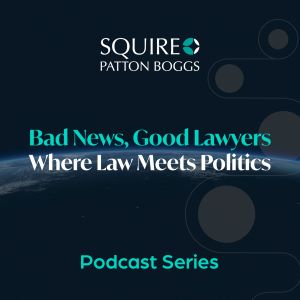
Earlier this month, the U.S. Attorney’s Office for the Southern District of New York (“S.D.N.Y”) announced a revised corporate self-disclosure policy designed to incentivize companies to cooperate in criminal investigations. The updated policy, which the S.D.N.Y. expects to publish soon, will offer carrots to corporations that disclose criminal conduct and agree to cooperate and remediate: (1) a swift, conditional agreement not to charge the company with a crime and (2) rapid resolution of any investigation. By forecasting early on to disclosing companies whether they stand to escape criminal charges, the new S.D.N.Y. Policy may offer companies and their shareholders more certainty. Regardless of whether corporations choose to self-disclose, they should adopt effective compliance programs with clear reporting channels so that employees can report potential misconduct.









